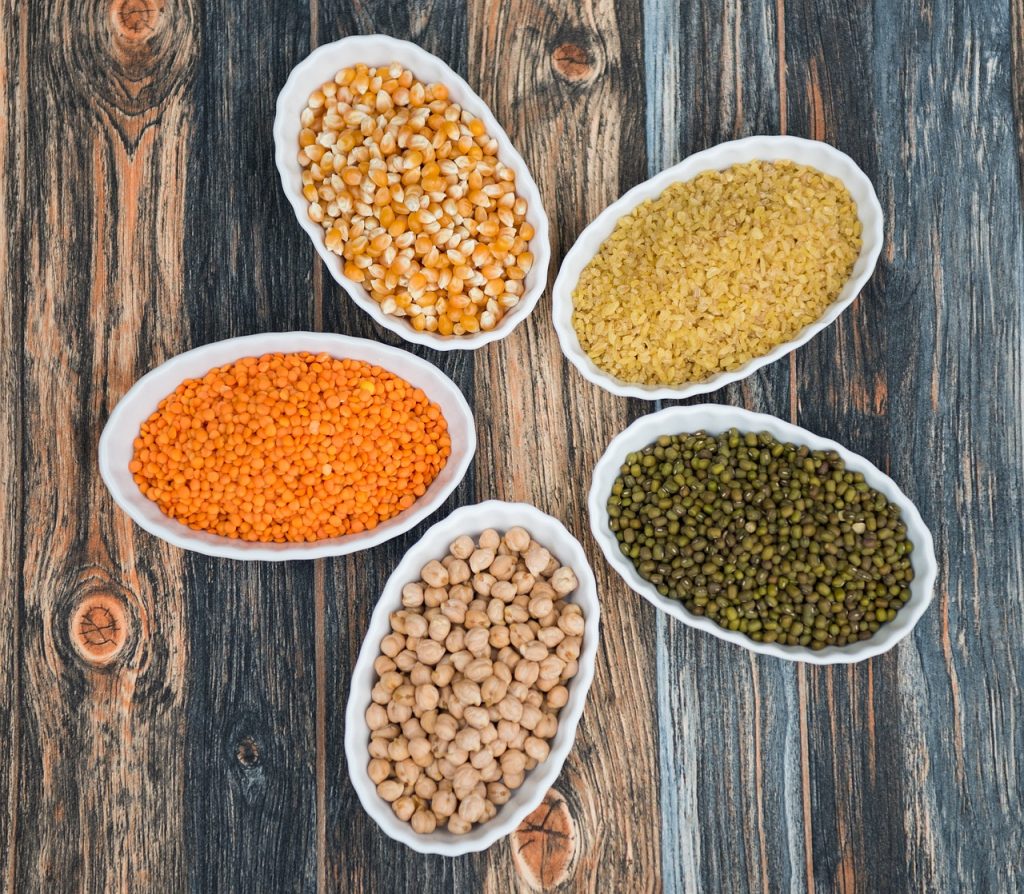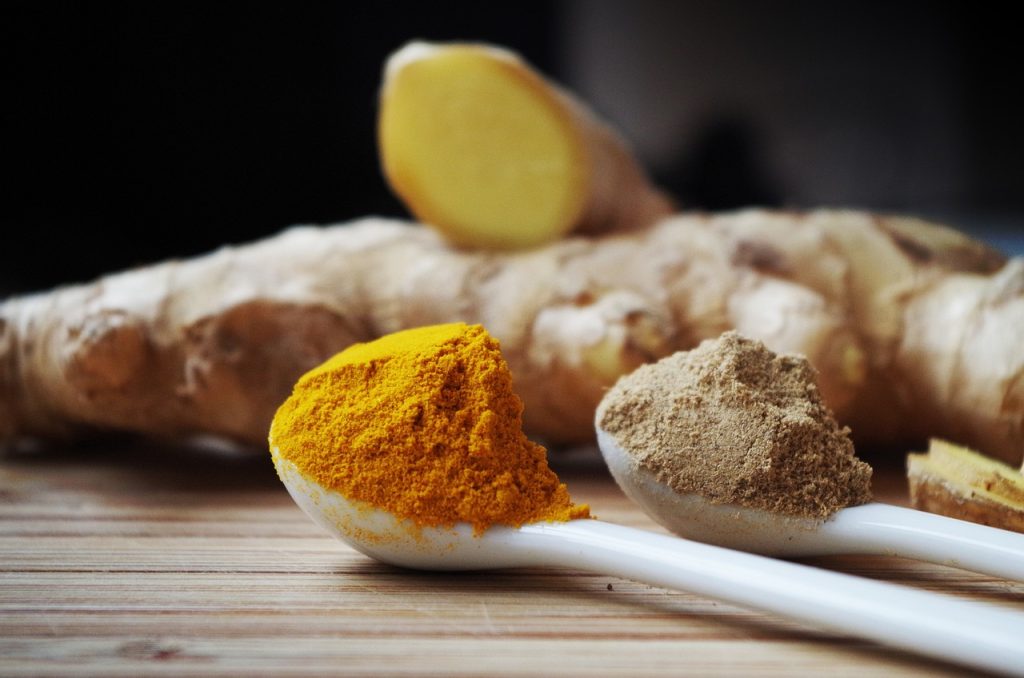Water: According to the U.S. National Academy, men should consume 15.5 cups (3.7 liters) of fluids daily, and women should aim for 11.5 cups (2.7 liters).
Drinking an adequate amount of water is crucial for maintaining good health and overall well-being. Here are some of the key benefits of drinking water: Hydration: Staying properly hydrated is essential for bodily functions. Water helps transport nutrients and oxygen to cells, regulates body temperature, and facilitates various biochemical reactions. Digestion: Water plays a vital […]











